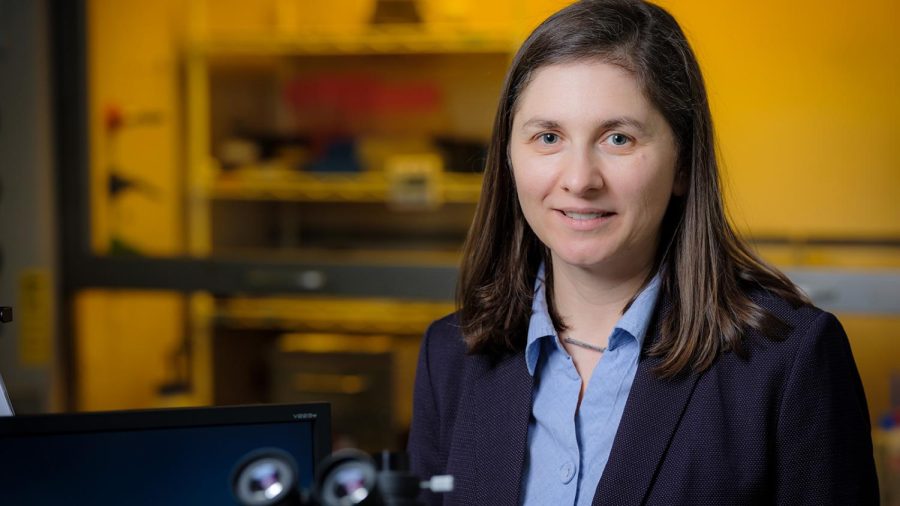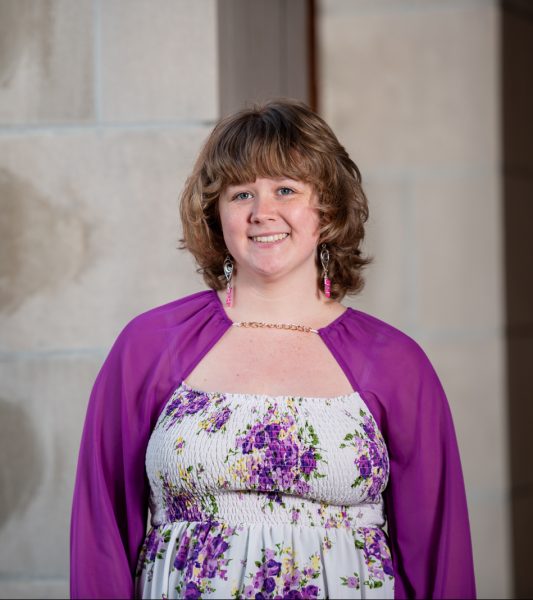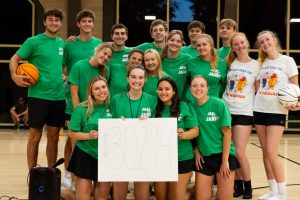Physics professor wins prestigious grant
Oana Jurchescu receives ‘Special Creativity’ extension for National Science Foundation grant
Oana Jurchescu’s research team won a prestigious award in physics.
March 17, 2022
Oana Jurchescu became the first Wake Forest University professor to receive a Special Creativity extension on her current grant from the National Science Foundation (NSF). This award honors some of the NSF’s most creative and innovative researchers, and selection is based on a researcher’s past performance and ingenuity of their current research methods.
While at Wake Forest, Jurchescu has received many distinctions for her research and teaching. She was named Wake Forest’s Baker Family Professor of Physics in 2021, one of the highest honors the College can award a faculty member.
Additionally, she is a member of the Executive Committee of the Division of Materials Physics within the American Physical Society and a fellow of the Royal Society of Chemistry.
Jurchescu is a part of a team of researchers from Wake Forest University, the University of Kentucky and Princeton University. The National Science Foundation awarded these researchers with an 18-month extension of their current research grant on March 8. These extensions are a rare honor, and Jurchescu and her team are excited to utilize those funds in fueling their research efforts.
“The award recognizes the impact that our past research has had in the field of flexible electronics and provides funding for the continuation of our efforts but now with a sharp focus on high-risk, high-reward projects,” Jurchescu said.
The team’s research initiative is known as OSCAR — Organic Semiconductors by Computation on the Accelerated Refinement. This project is run through NSF’s Designing Materials to Revolutionize and Engineer Our Future program. The mission of this program is to develop new methods for the design of organic semiconductors.
The goal of the project is to help expedite the time between conceptualization and commercialization for optoelectronic materials and devices that emit or detect light. The main focus of Jurchescu’s group is developing flexible electronic screens and finding cost-effective ways to manufacture them.
During OSCAR’s first five years, the team published more than 50 manuscripts and developed a new class of high-mobility organic semiconductors. With the extension of its grant, the team can now work on cutting-edge methods to get flexible electronics technology on the market more quickly.
“With support from this extension, we hope to break into real applications like X-ray detectors,” Jurchescu said. “We will develop lightweight, flexible sensors that could improve the quality of healthcare.”
Jurchescu also explained that the grant extension is particularly useful since her area of research is primarily dominated by trial-and-error approaches. Her team not only looks to create new methods for creating flexible electronics, but they also must ensure that these electronics prove to be powerful, reliable and cost-effective.
“[Trial-and-error approaches] are not only time-consuming, but also wasteful,” Jurchescu said. “Our team is combining computational studies with synthesis, processing and characterization to shorten this path. We are very honored to receive this special award from NSF, and I am very excited to work on these projects alongside my collaborators.”














